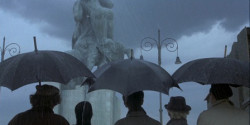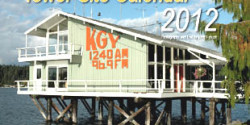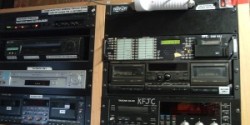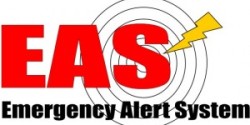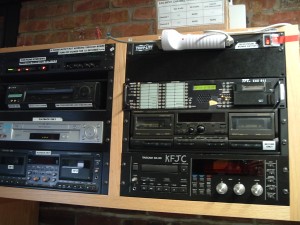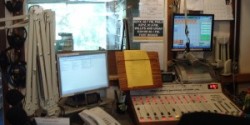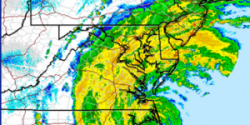Hurricane Sandy is taking its toll on community radio. This just in from WFMU in New Jersey: Frank The Storm has taken our 91.1 fm transmitter off the air, as of Monday at 3:00pm. We’re trying to get the transmitter back up as soon as we can, but Frank knocked out all electric at the […]
